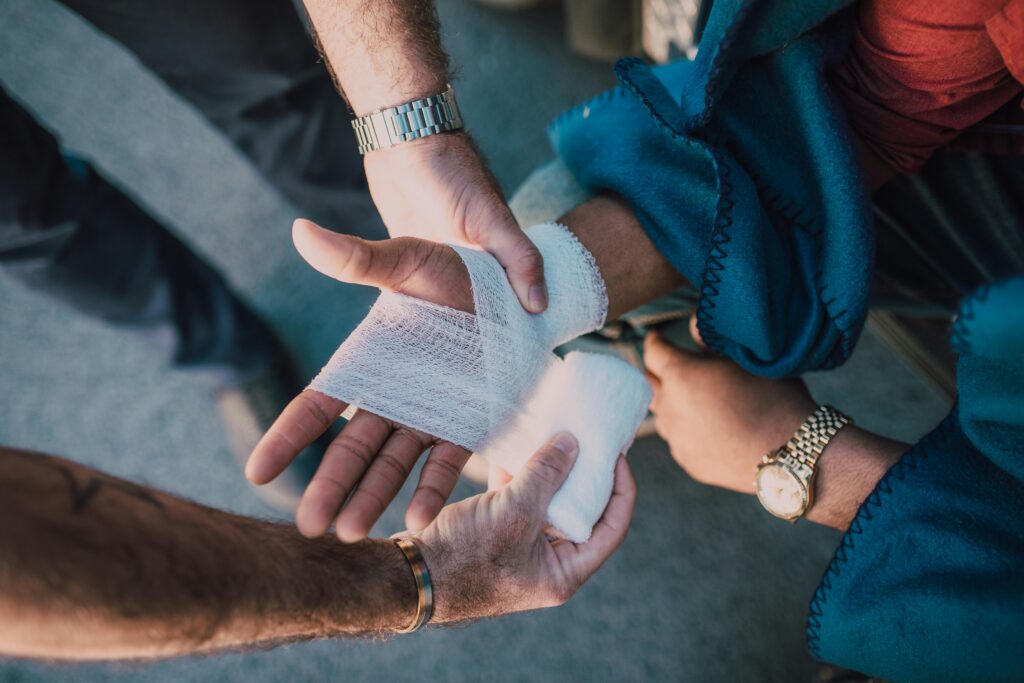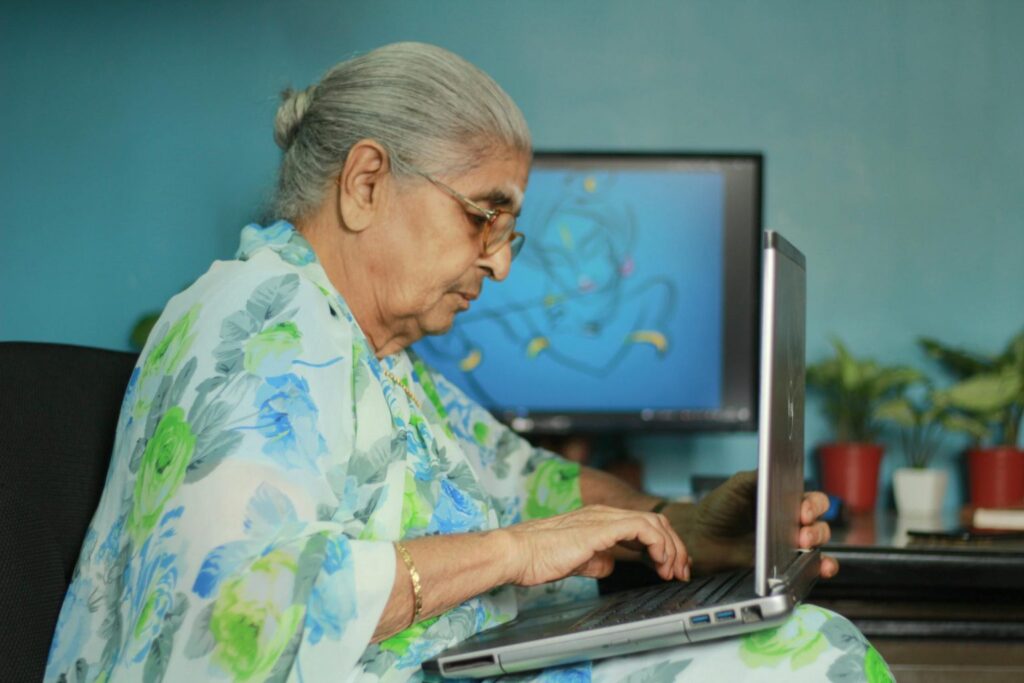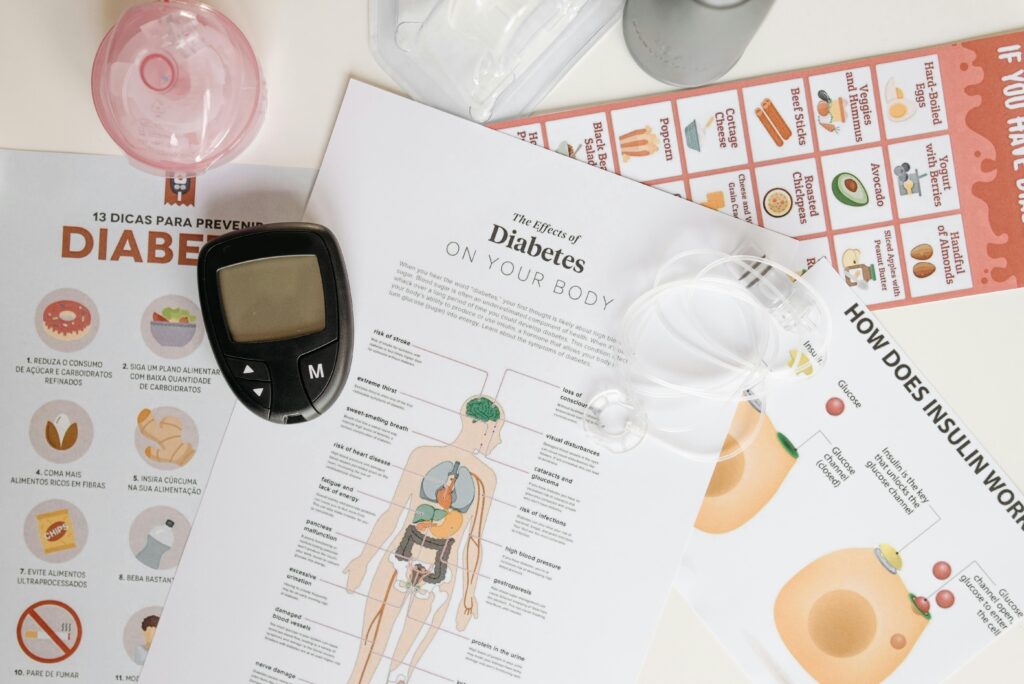First Aid and Emergency Preparedness for Caregivers
When you’re caring for an elderly loved one, you hope every day will be calm and safe. But emergencies can happen — a sudden fall, difficulty in breathing, a dizzy spell, or an unexpected reaction to medicine. In those moments, your quick thinking and preparation can make all the difference.
Being ready for emergencies is not about living in fear. It’s about giving yourself the confidence to act calmly and effectively when your loved one needs you most.
Know the basics of first aid
Learn how to check for breathing, control bleeding, and handle minor burns or cuts. Even basic CPR knowledge can be life-saving in critical situations. Many hospitals and NGOs offer short, practical first aid workshops — consider attending one.
Keep an emergency kit handy
Have a clearly labelled box with essentials: sterile gauze, adhesive bandages, antiseptic solution, a digital thermometer, a pair of gloves, and basic over-the-counter medicines as advised by your doctor. Check expiry dates regularly and replace used items promptly.
Have important numbers ready
In an emergency, every second counts. Keep a written list of phone numbers — the family doctor, nearest hospital, ambulance service, and close family members — next to the phone or on the fridge. Save them in your mobile contacts too.
Know your loved one’s medical details
Have a small, updated health summary ready: ongoing illnesses, allergies, medications, and recent test results. In case of hospitalization, handing this over to doctors can speed up treatment decisions.
Plan for transport
If an ambulance isn’t immediately available, know in advance which neighbour or relative can help with quick transport. Keep a plan B ready — it reduces panic when time is short.
Preparedness is a gift you give both to your loved one and to yourself. It turns fear into action, and uncertainty into assurance.
Have you ever faced an emergency while caring for someone? What helped you most in that moment? Share your experience in the comments — your story could guide another caregiver. And if you found this useful, please share this blog with others who may benefit from it.





